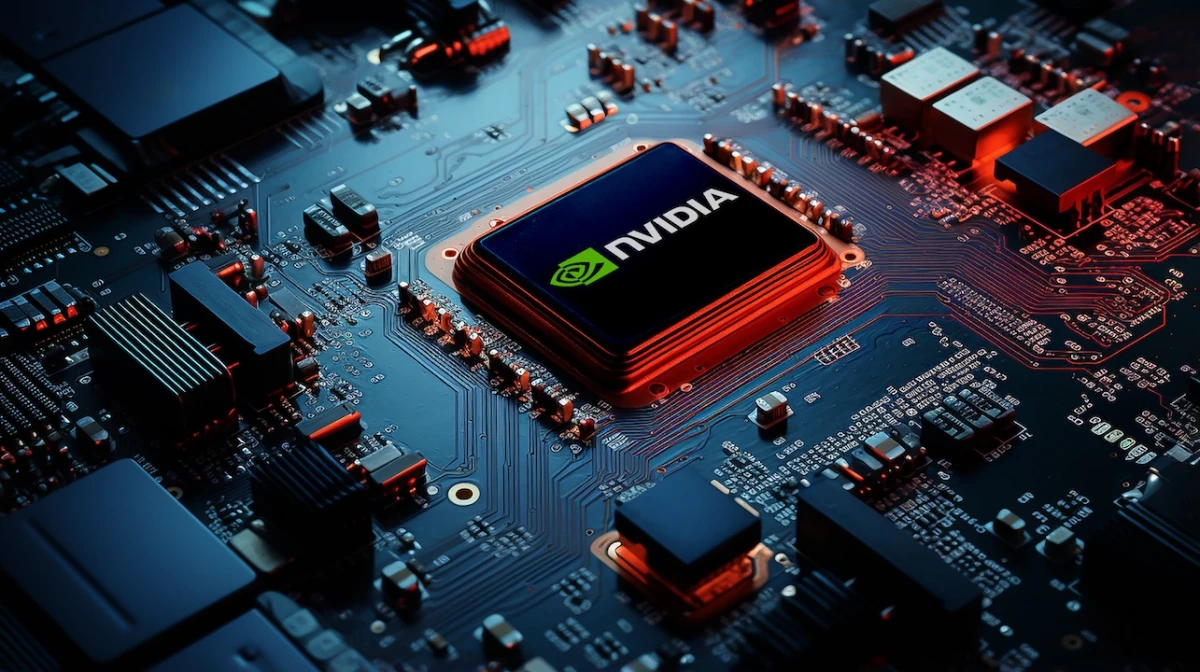#What You Need To Know
NVIDIA Corp (NASDAQ: NVDA), has emerged as the world's most valuable company with a market capitalization exceeding its big-tech rivals like Microsoft (NASDAQ: MSFT) and Apple (NASDAQ: AAPL). The company's stock surged, reaching $135.58 per share, pushing its market value to around $3.3 trillion.
Nvidia's dominance is attributed to its leading position in the artificial intelligence (AI) market, fueled by the high demand for its chips that power AI applications in data centers. This surge in value has also made CEO Jensen Huang one of the world's wealthiest individuals. Industry analysts predict a tight race among Nvidia, Apple, and Microsoft to reach a $4 trillion market cap in the tech sector.
Will AI outpace human intelligence by the end of the decade?
Investors recognize Nvidia as more than just a chipmaker, applauding its software and development ecosystem. Overall, Nvidia's remarkable growth in the AI sector has positioned it as a key player in the ongoing technological revolution.
Sign up for Investing Intel Newsletter
#Why This Is Important for Retail Investors
Investment Opportunity: Retail investors may consider adding Nvidia to their portfolios as its significant market value and growth in the AI sector indicate potential for strong returns.
Industry Trends: Following Nvidia's success can help retail investors stay informed about emerging trends in technology and artificial intelligence, which can impact the performance of related companies in their investment portfolios.
Competitive Landscape: Understanding Nvidia's position relative to other tech giants like Microsoft and Apple can provide insights into the competitive dynamics of the industry, aiding investment decision-making.
Leadership Impact: Jensen Huang's wealth accumulation highlights the potential for substantial gains in the stock market, showcasing the impact of leadership and innovation on a company's success.
Long-Term Prospects: Observing Nvidia's consistent growth and market dominance can offer retail investors valuable lessons on long-term investing strategies and the importance of staying abreast of evolving technological landscapes.
#How Can You Use This Information?
Here are some of the investing ideas that can be explored using this information:
Growth Investing
Nvidia's rapid growth in market value and dominance in the AI sector presents an opportunity for investors seeking high-growth potential in their portfolios.
Growth investing focuses on stocks of companies expected to grow at an above-average rate compared to other stocks in the market; learn more in our article titled 'What is Growth Investing?'.
Innovation-Focused Investing
As Nvidia leads the way in AI technology, investors looking to capitalize on innovative trends may find opportunities in companies driving technological advancements like Nvidia.
Innovation-focused investing seeks out companies that are leaders in technological advancement, offering potential for significant growth as they develop new products and services.
Sector Rotation
Observing the shifting dynamics in the tech sector with Nvidia's rise can inform investors on the potential benefits of strategic sector rotation within their portfolios.
Sector Rotation is the practice of shifting investment capital from one industry sector to another to take advantage of the economic cycle.
Diversification
Including Nvidia in a diversified portfolio can enhance exposure to the tech sector and AI industry, reducing risk by spreading investments across different asset classes.
Diversification spreads investments across various assets to reduce risk and volatility in a portfolio.
Thematic Investing
Nvidia's success story around AI and technological innovation aligns with thematic investing strategies focused on specific trends, offering a thematic investment opportunity for retail investors.
Thematic Investing selects assets based on projected trends or themes believed to offer growth opportunities.
#Read What Others Are Saying
Reuters: Nvidia eclipses Microsoft as world's most valuable company
BBC: Nvidia beats Microsoft to become world's most valuable company
